SUMMARY
This is AI generated summarization, which may have errors. For context, always refer to the full article.
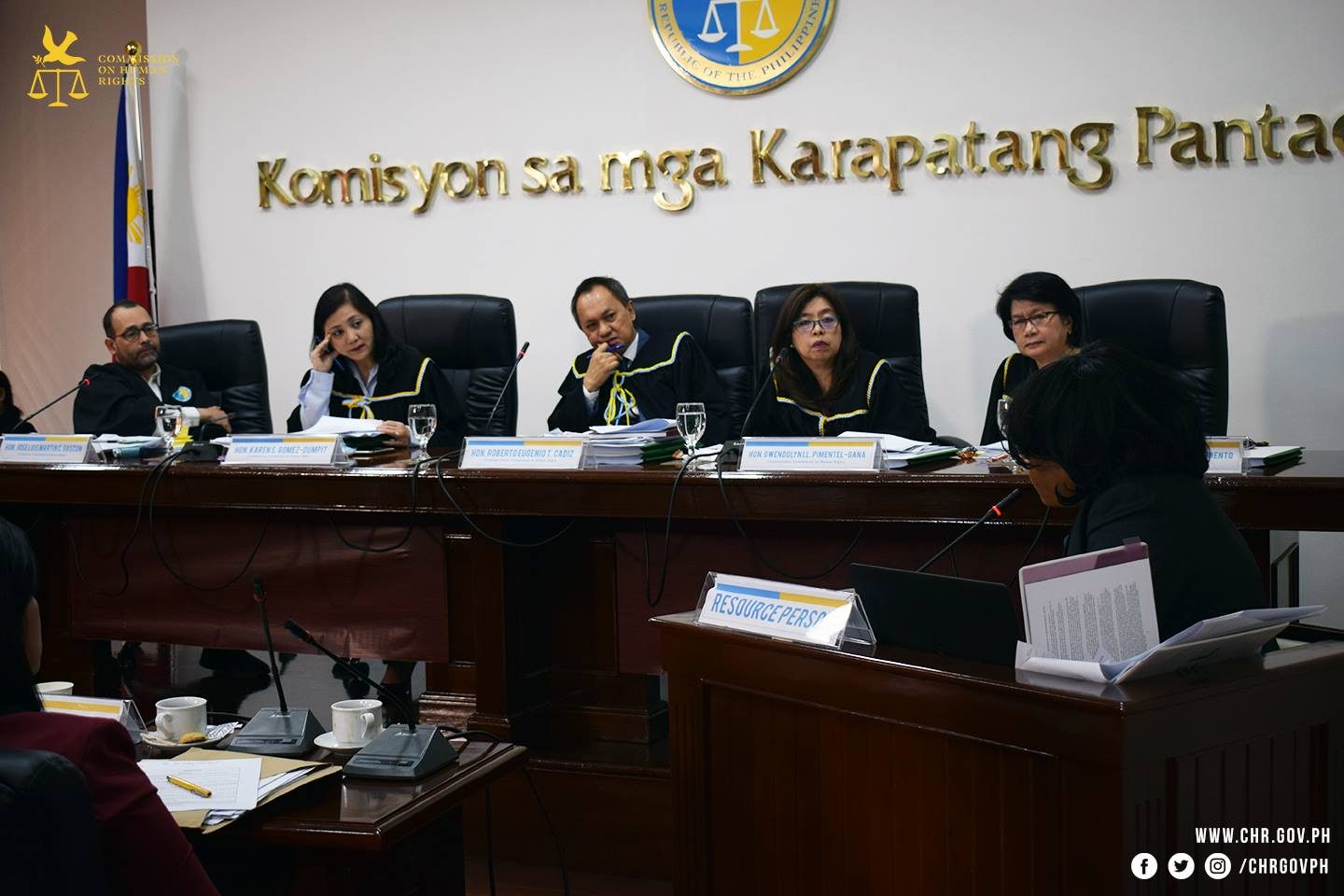
MANILA, Philippines – To say that September 12, 2017, was an unforgettable day for the Commission on Human Rights (CHR) is an understatement.
Legislators at the House of Representatives overwhelmingly yielded to the wishes of expressed by President Rodrigo Duterte in his second State of the Nation Address barely two months before: he wanted the national human rights body abolished.
Completely removing the CHR, however, required more than a threat from the President – it is a constitutionally-created independent body. So the lawmakers settled for the next best way to hit the commission where it would hurt: the annual budget.
That cold and rainy afternoon in September, a little over a week before the anniversary of dictator Ferdinand Marcos’s Martial Law declaration, at least 119 legislators voted in favor of slashing the CHR’s budget for 2018 to a measly P1,000. Only 32 lawmakers opposed it.

When the voting was done, CHR Commissioner Karen Gomez-Dumpit recalled someone telling her that then-chairperson Jose Luis Martin “Chito” Gascon – the favorite target of Duterte – was crying.
“Pinuntahan ko, sabi ko, ‘Are you okay to face the media?’ Sabi niya, ‘I’m crying because of the 32 na kumampi sa atin.’ He was so touched,” Dumpit told Rappler in an interview.
(I went up to him and asked if he was okay to face the media. He said he was crying because of the 32 who defended us. He was so touched.)
CHR ended up not having its budget reduced to P1,000, thanks also to the deluge of support from the public, who called for their hard-earned taxes allocated to the embattled commission.

But the events that transpired inside the hallowed halls of the House of Representatives and the aftermath signaled both how far CHR had come and how much work was still needed to be done.
Dumpit remembered how Gascon emphasized this point to all commissioners and CHR staff, that the support they received was as much a challenge as it was a vote of confidence.
“We cannot just sit back and relax…. The people are expecting so much from us,” Dumpit said.
“To hear people say they’d rather give their taxes to us? That is such an honor that we have to live up to,” she added.
The fifth CHR en banc – the leadership of the commission – was composed of five people when it was first appointed in 2015 by then-president Benigno Aquino III.
Only four of the original five will see through the end of their seven-year term on Thursday, May 5: CHR Chairperson Leah Tanodra-Armamento and commissioners Dumpit, Gwendolyn Pimentel-Gana, and Roberto Cadiz .
Gascon succumbed to COVID-19 in October 2021. He was 57 years old.
People-centered commission
The idea of the present CHR commissioners leaving their posts, as mandated by the law, has triggered fears and concerns for many in the human rights sector. The commission, after all, is one of the remaining fully independent bodies in the country.
But Armamento, the commissioner-turned-chairperson after being appointed by Duterte in February 2022, believes they will leave behind a stronger and much improved CHR.
“Na-motivate [ni Gascon] ang mga tao at nag-infuse siya talaga ng good people dito, puro mga napaka-dedicated at may passion sa trabaho,” she said, citing as an example CHR spokesperson and executive director Jacqueline de Guia.
([Gascon] was able to motivate the people here, and he infused the commission with good people – really dedicated and passionate about their work.)
“Ang mga tao dito, matatapang, mga principled, at hindi pushover,” Armamento added. (The people here in CHR are brave, principled, no pushovers.)
Before her appointment as CHR en banc member in 2015, long-time prosecutor Armamento spent more than three decades at the Department of Justice, where everything was done by the book. She never touched tasks that were beyond the scope of her job description and often resorted to referring them to appropriate offices.
She had to unlearn this when she started working for the CHR. Gascon, wary of their role in the bureaucracy, had a policy of always making sure actionable matters were done at the end of the day. Placing people at the center, it was incumbent for the commission to not let any citizen leave the premises with their concerns unaddressed.
“Para sa akin, ang tao kapag desperate, sa CHR pumupunta,” Armamento explained. “Dito, dapat may puso ka at nakikinig ka kasi ang nangyayari, either last resort nila ang CHR dahil wala na silang mapuntahan or it is their first encounter with legal systems.”
(I think that when people are already desperate, they go to CHR. You have to have a heart here and you listen because what’s happening is, either the CHR is their last resort or it’s their first encounter with legal systems.)

Fighting for the right to life
Dumpit has been with the CHR for 28 and a half years. She started working as executive assistant during the tail-end of the first commission en banc in 1993, and went on to become the director of the child rights’ center before becoming commissioner in 2015. In total, she had worked with seven CHR chairpersons, including two as part of the en banc.
One can view Dumpit as the antithesis of the violent, sexist, and misogynistic Duterte. Aside from being a woman, the focal person for gender equality, and the women’s rights gender ombud, she was the lead person advocating against one of the President’s main “pet” projects: the revival of the death penalty in the Philippines.
Reinstating capital punishment, after it was abolished in 2006 under then-president Gloria Macapagal Arroyo, was one of Duterte’s campaign promises, a key ingredient in his war against criminality. But it has not gained significant momentum after failing to move forward in the Senate amid intensified campaigning from anti-death penalty advocates.
“The death penalty not being reintroduced in the country [under Duterte] is something that I can really be proud of because I led that campaign,” she said, recalling the times she went on a speaking tour in schools to ramp up opposition to the death penalty.
“I’m really proud of that because the solidarity that you felt from the local, national, and international community was really solid,” Dumpit added.
Beyond the death penalty, CHR has been the favorite target of threats from Duterte and his allies for its firm stand against extrajudicial killings. The commission, after all, has initiated probes into the deaths under Duterte’s violent war on drugs.
Government data shows that, as of February 28, 2022, the number of people killed in police anti-illegal drug operations had grown to 6,235. This number does not include victims of vigilante-style killings, which human rights groups estimate to be between 27,000 and 30,000.
As of April 22, CHR has investigated at least 3,813 incidents of drug-related killings, with at least 4,419 victims. Out of this number of cases, 2,232 were killed during police operations, while 1,579 were killed by unidentified suspects.
CHR also already referred and filed at least 217 cases with appropriate agencies: 20 in trial courts, 33 criminal cases with the Office of the Ombudsman, and 34 pending before prosecutors. There are also 93 administrative cases with the Philippine National Police’s Internal Affairs Service and 37 with the Ombudsman.
No power to prosecute, but…
CHR is not without legitimate criticism, particularly about whether or not it has enough power to actually place a dent on the human rights crisis in the Philippines. The number of EJK cases it has investigated is not even half of the projected total death toll. It also has no prosecutorial powers. In 2018, then-CHR chairperson Gascon said it would only make things complicated.
Wary of criticism against CHR for the so-called lack of teeth, having only the power to investigate and refer cases, Dumpit recalled the words of mentor and former chairperson Purificacion Quisumbing: “Yes, sure, we’re paper tigers, but paper tigers can roar.”
“Moral suasion – that’s our best and yet still seen as the weakest mandate because we can only recommend. But how you deliver that human rights message is something that we were able to really do, and that’s something that I can really be proud of because we worked for that,” Dumpit said.
It’s no secret that the commission also suffers from a lack of resources. CHR, which operates regional offices across the Philippines, only has about 700 people among its ranks. This already includes the vital lawyers and investigators, whose salaries are smaller compared to other government agencies.
The CHR leadership often had to ask for more funding during budget deliberations in Congress. In September 2021, less than a month before he passed away, Gascon asked for sufficient support from legislators so CHR could “meet fully the need and the demand of the current moment.”
“Although nag-level up na kami, siguro mas p’wede pa namin i-push. Kailangan namin ng support ng government, bigyan kami ng additional na tao,” Armamento said. “We’re thankful na maraming sumusuporta sa amin, pero if tutulungan kami ng government, mas gaganda pa ang trabaho namin,” she added.
(Although we really leveled up, we still have space for improvement. We really need more support from the government, to give us more manpower. We’re really thankful for the support already given to us by the public, but if we get more help from the government, our performance will get better.)
Carlos Conde, Human Rights Watch’s senior Philippine researcher, said that the fifth CHR en banc indeed rose to the challenge despite the usual limitations, including those in relation to its mandate and resources, among others.
He noted that Gascon, one of the country’s foremost human rights icon, provided a “more responsive leadership,” building on the improvements put in place by previous chairpersons, such as Senator Leila De Lima. The CHR now has “admirable quickness and foresight.”
“This en banc now is a far cry from the calcified and bureaucratic en banc that we had before De Lima came on board,” Conde said.
“It helps that most of the commissioners are more vocal about these issues and they were not hesitant to go against the government’s position,” he added.
The immediate response to issues – whether a latest violent pronouncement of Duterte, a possibly problematic policy that risks violating human rights, or even just false information about CHR going viral – was a deliberate effort on the part of the commission.
It was a lesson learned the hard way from the early days of the Duterte administration, when the concept of human rights was demonized, and the CHR commissioners were threatened, ridiculed, and often insulted. Gascon himself was called an idiot by Duterte himself, among other vile insults.
“One of the things that we also tried to do was to ensure that there was a proper response, a retort, and a pushback to all the vitriol, the incitement to hatred, the disinformation, the so many lies that they propagated, the othering of people,” Dumpit said.

Post-Duterte CHR
The next CHR commissioners – the ones who will replace the present leadership once their terms expire on May 5 – face a huge task in the aftermath of the Duterte administration, which critics tag as “the worst human rights crisis” post-Martial Law. Once appointed, they are set to serve until 2029.
They will not only make sure that justice will be served to the thousands of people killed under Duterte’s war on drugs, but also to prevent a similar or worse level of impunity from happening again.
Karapatan secretary-general Cristina Palabay said the next CHR leadership should ensure that it upholds the rights “of those who have less in life and in law.” It should focus on prioritizing prosecution of perpetrators, working towards proper inclusion of human rights education in the basic and higher education curricula, and protecting human rights defenders and the media, especially with the threat of the anti-terror law, among others.
“It should show that it can help in delivering justice for victims of human rights violations and communities meaningfully and genuinely, by speaking truth to power and by uplifting the voices of those deliberately marginalized,” she said.
The wait for the next set of commissioners that will mark the crucial post-Duterte years has inevitably struck fear in civil society and the human rights sector, especially in the run-up to the 2022 presidential election on May 9.
If results of voter preference surveys are to be believed – that the dictator’s son Ferdinand “Bongbong” Marcos Jr. is leading the race – it is incumbent upon the CHR to remember the root of its whole being and why it was created in the first place: as a response to the horrors and abuses of Martial Law, when thousands were killed, tortured, and disappeared.
Dumpit is banking on the fact that the policies already set out in the Philippines have always been anchored on human rights standards and principles. She added that if the next CHR would “digress there, then there’s something wrong.”
“The next batch of commissioners should be able to make sure that the same standards and principles are fought for, extolled with the same vigor,” she said. “Translating human rights into everyday language is key, because that’s the only way you can win the hearts and minds of people that human rights is for everyone.” – Rappler.com
Add a comment
How does this make you feel?
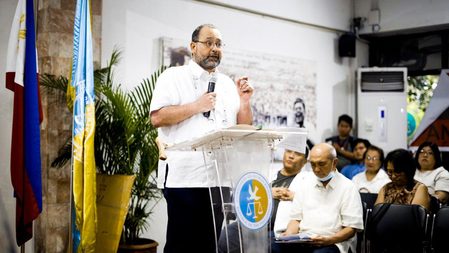


![[OPINION] ‘Some people need killing’](https://www.rappler.com/tachyon/2024/04/tl-some-people-need-killing-04172024.jpg?resize=257%2C257&crop_strategy=attention)


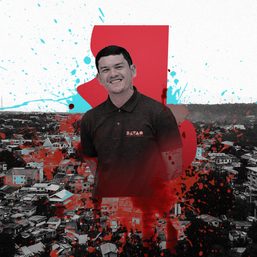



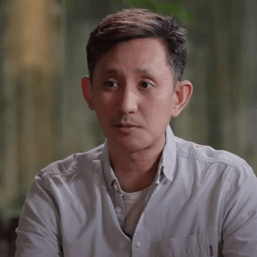
![[WATCH] Dahas Project, the team that continues to count drug war victims](https://www.rappler.com/tachyon/2024/03/dahas-project-2.jpg?resize=257%2C257&crop=404px%2C0px%2C1080px%2C1080px)
![[EDITORIAL] Sorry Arnie Teves, walang golf sa kulungan](https://www.rappler.com/tachyon/2024/03/animated-arnie-teves-arrest-carousel.jpg?resize=257%2C257&crop=310px%2C0px%2C720px%2C720px)


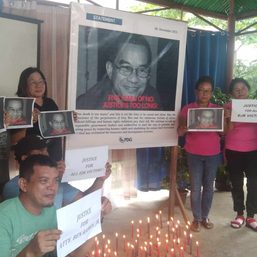
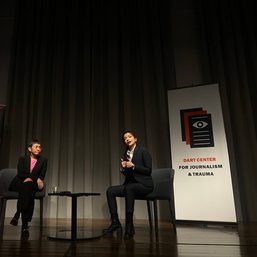
![[Just Saying] Marcos: A flat response, a missed opportunity](https://www.rappler.com/tachyon/2024/04/tl-marcos-flat-response-april-16-2024.jpg?resize=257%2C257&crop=277px%2C0px%2C720px%2C720px)
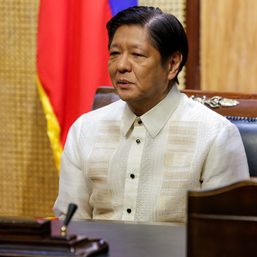

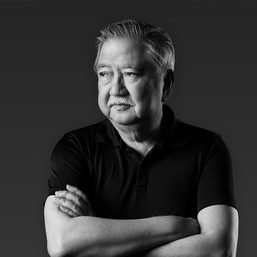
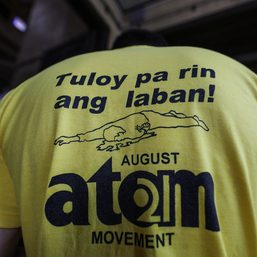

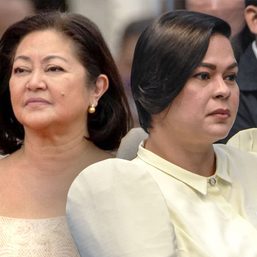
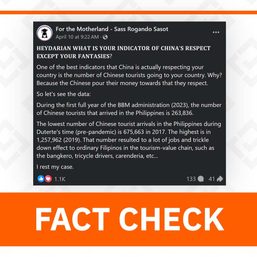



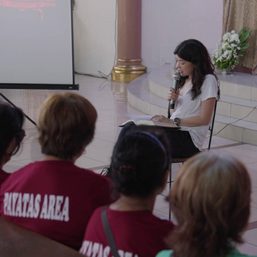
There are no comments yet. Add your comment to start the conversation.